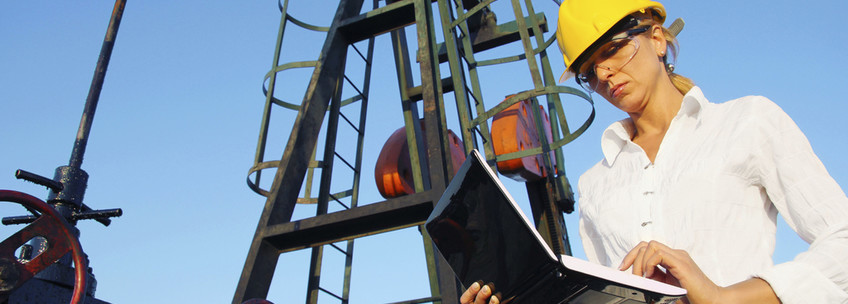Innovation and Energy: CO2 reduction strategies in transport

Innovation and Energy: CO2 reduction strategies in transport
Building a society that demands less energy and is less dependent on non-renewable energy sources: these are the ambitious goals of the energy transition.
The transition to a low-CO2 energy supply that is safe, reliable and affordable is a challenge for the Netherlands, Europe and the rest of the world. The challenge affects us all: the public, businesses, government authorities and non-governmental organizations. Innovation is a key to realizing the energy transition goals. R&D and innovation efforts have led to buildings, medical technologies, transportation vehicles, aviation, automotive industries and processes are becoming more energy-efficient. The production, storage and distribution of clean energy is becoming more efficient and affordable. The government, public and private parties are increasingly partnering to achieve sustainability goals.
In the series Innovation & Energy, KIE wishes to keep you updated with developments and innovations related to energy and energy transition. Next to presenting cutting edge solutions and ideas, we will also encourage and facilitate the energy dialogue between the experts and delegates.
Presentations
ir. Edgar Salas Girones, PhD student at TU Eindhoven
Title: Upcoming public and private collaboration for addressing our fossil fuels dependency
Abstract: Transiting towards a less-dependent fossil fuels economy will certainly require novel cooperation approaches towards innovation, including new schemes for cooperation between public and private parties. These approaches are currently discussed for the follow-up of the European Programme for Research and Innovation ‘Horizon 2020’ (FP9, 2021-27), which will ultimately define the funding schemes for innovation at an EU level. In this presentation, I’d like to discuss how approaches being considered at the FP9 can impact business practices of the engineering community in the following years.
Gandert Van Raemdonck, PhD. R&D and Innovation Leader at WABCO Optiflow
Title: Reshaping heavy duty road transport.
Abstract: Road transport, and more specifically, heavy duty vehicles, are a major contributor in the worldwide emitting of CO2. Beside that road transport is a crucial pillar in our daily activities, both in a societal and economical context. Both aspects are challenging the sector, its innovators and developers, to come with solutions that meet worldwide CO2 standards being imposed on road vehicles. While driving on the highway more that 50% of the energy delivered by a powertrain is lost to aerodynamic drag. WABCO is developing advanced aerodynamic drag reduction devices that can act as stand alone solutions, but also will be integrated in the total vehicle control system design in order to maximize the energy efficiency of the complete vehicle. Besides aerodynamic solutions, WABCO is developing an eTrailer that recuperates kinetic and potential energy. Both CO2 reduction approaches go hand in hand and are needed to meet the ambitious targets by governments.
Organization
KIVI International Engineers
Contact: Ignacio Vazquez @ KIVI board: kie@kivi.nl
Programma |
|
|---|---|
| - uur | Open doors |
| - uur | Presentations |
| - uur | Drinks and networking |
